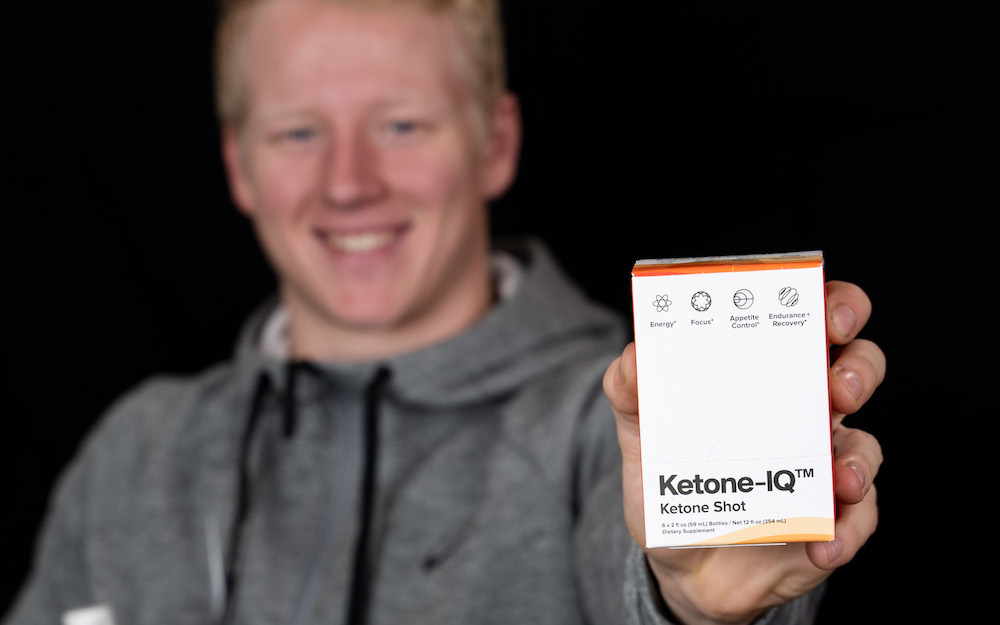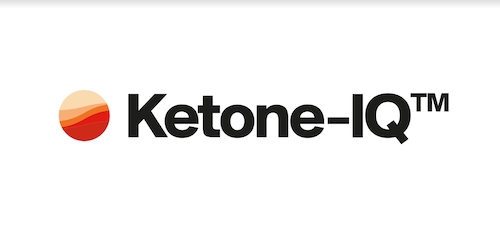
Quick Facts About Ketones
Written by Fritz Nugent
Into nutrition or not, you’ve surely heard lots of talk about ketones over the past few years, whether it be through supplementation or the ketogenic (Keto) diet. Many people swear by them and the multitude of health and other benefits derived from this energy source.
But probably even more people still have questions or even misunderstandings about what ketones can do for you. Whether you’re an athlete, looking to lose weight, or seeking better mental focus, ketones can deliver many exciting benefits.
Facts About Ketones
So, why is this energy source all the rage? Here are a few facts about what supplementing with exogenous ketones.
Ways the Body Utilizes Fat for Energy
The human body is amazing. Did you know that our bodies can utilize fat for energy in two different ways?
That’s right. Fat oxidation and the production of ketone bodies are two separate processes involved in the metabolism of fats in the body. They take place in different parts of the body and serve different purposes.
Energy From Fat Oxidation
Fat oxidation, also known as beta-oxidation, refers to the process by which fatty acids are broken down into acetyl-CoA molecules.These molecules can then enter the citric acid cycle (also known as the Krebs cycle) to produce ATP, the primary energy currency of our cells. This process occurs primarily in the mitochondria of cells throughout the body, including muscle cells, and it is a normal part of the body’s energy metabolism.
Energy From Ketones
On the other hand, the production of ketone bodies occurs primarily in the liver as a response to low levels of glucose in the blood. Blood glucose is supplied by glycogen stored in the liver and muscles, and from eating foods containing carbohydrates like fruit, grains, beans, potatoes, and vegetables. When glucose levels are low, such as during periods of fasting or low-carbohydrate intake (think Keto diet), the liver will start to break down fatty acids into ketone bodies. The ketones can then be used as an alternative fuel source by the body and brain. This process is called ketogenesis.
What do ketones do for the body?
Ketone bodies, which include acetone, acetoacetate, and beta-hydroxybutyrate, can be used by the body and brain as an energy source, particularly when glucose availability is limited. They can also have other physiological effects, such as reducing inflammation and oxidative stress, and they may have therapeutic potential for a range of conditions, including neurological disorders.
Supplementing with Ketones
Exogenous ketones are consumed in the form of supplements. While the use of exogenous ketones is still an area of active research, there are several potential benefits that have been identified:
- Increased energy: Ketones can be used as an alternative fuel source to glucose, and some people report increased energy and mental clarity when they consume exogenous ketones.
- Improved athletic performance: Some studies suggest that exogenous ketones may enhance athletic performance by increasing endurance and reducing fatigue through the sparing of glucose.
- Appetite suppression: Ketones may have appetite-suppressing effects, which could be beneficial for weight loss and management.
- Neuroprotective effects: Ketones have been shown to have neuroprotective effects, and some studies suggest that exogenous ketones may improve cognitive function and protect against neurological diseases.
- Potential therapeutic benefits: Exogenous ketones may have therapeutic benefits for a range of conditions, including epilepsy, type 2 diabetes, and some neurological disorders.
It is important to note that the use of exogenous ketones is not without potential risks and side effects, particularly when consumed in large amounts. Possible side effects include digestive issues, electrolyte imbalances, and increased blood ketone levels, which can lead to a condition called ketoacidosis in some cases. However, this condition is rare and difficult to achieve with exogenous supplements.
Additionally, the long-term effects of exogenous ketone supplementation are still not well understood, and it may not be right for everyone. If you’re considering using exogenous ketones, it’s always best to talk to your healthcare provider first.
Neuroprotective Effects of Ketones
Out of the many potential benefits of ketones, its neuroprotective effects are especially promising. Ketones are thought to reduce oxidative stress and inflammation, two processes that can contribute to brain damage. Additionally, ketones may improve mitochondrial function and energy metabolism in the brain, which could promote recovery and repair.
Some studies suggest that ketones may have cognitive benefits in people with TBI, including improvements in memory and attention. While these findings are promising, the use of ketones as a therapeutic intervention for TBI is still in the early stages of research, and more studies are needed to fully understand their potential benefits and risks. Additionally, it is important to work with a healthcare provider to determine the appropriate course of treatment for TBI, as every case is unique and may require individualized care.
If you do decide to give exogenous ketones a try, we only recommend H.V.M.N.’s Ketone-IQ™ as the most-trusted source.This high quality product has no caffeine, no salt, and no sugar—just clean, on-demand energy powered by ketones. We trust recommending them to even our competitive athletes because during the course of manufacturing, there are at least three quality and purity audits from the acceptance of raw materials to ensure full WADA compliance of the final product.
Want to experience the benefits of exogenous ketones? Save 20% on your order of Ketone-IQ™ with code CROSSFITINVICTUS.
